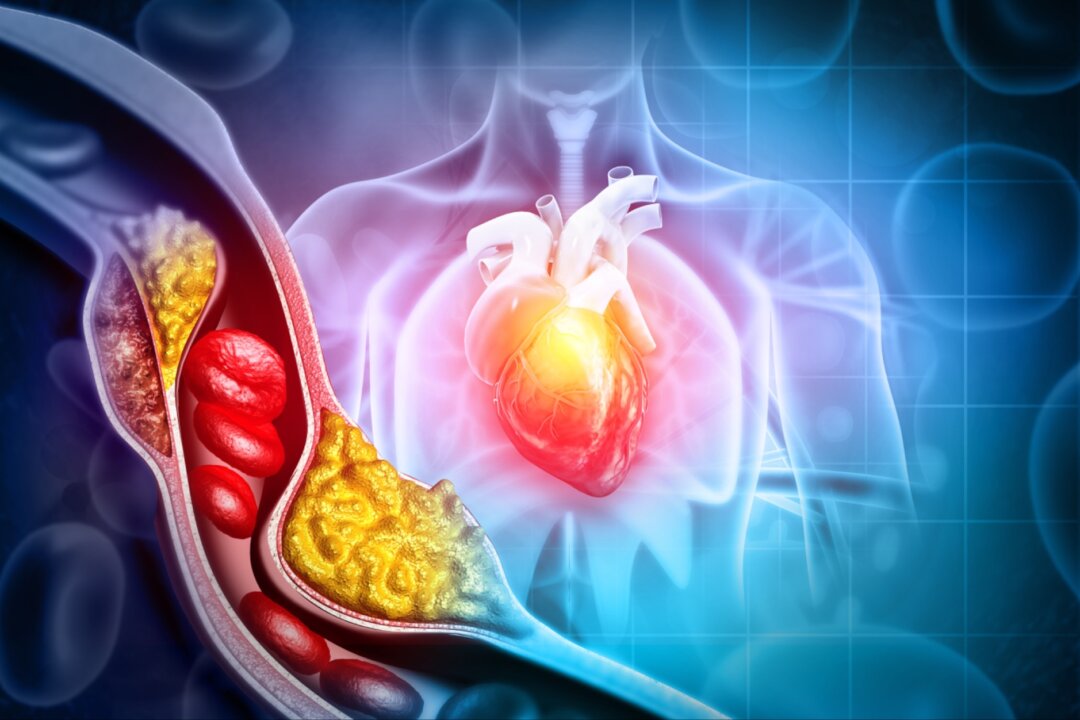This may seem paradoxical, as cholesterol is vital for the body, yet high cholesterol levels can increase the risk of heart disease and stroke. Personally, I do not recommend taking cholesterol-lowering medication but rather advocate using nonpharmacological methods to lower cholesterol. So when is it appropriate to consider cholesterol-lowering medication? Therefore, it is not necessary to start cholesterol-lowering medication solely based on high blood lipid levels.
However, individuals diagnosed with atherosclerosis-induced heart disease, or those at high risk of developing it within the next decade, should consider cholesterol-lowering medication. A blood test measures two types of cholesterol. One is high-density lipoprotein (HDL) cholesterol, which transports excess cholesterol from the blood to the liver, where it is broken down and excreted.

The optimal level for HDL cholesterol is 60 mg/dL or higher. Another type is low-density lipoprotein (LDL) cholesterol, often referred to as “bad” cholesterol, though this term is not entirely accurate because the body needs both types of cholesterol. LDL cholesterol transports fats to where they are needed in the body; however, elevated levels of LDL can increase plaque accumulation in the arterial walls.
For healthy individuals, the optimal level should be below 100 mg/dL. A healthy diet, anti-inflammatory measures, and regular exercise are crucial factors in lowering cholesterol. These lifestyle improvements should be made .























